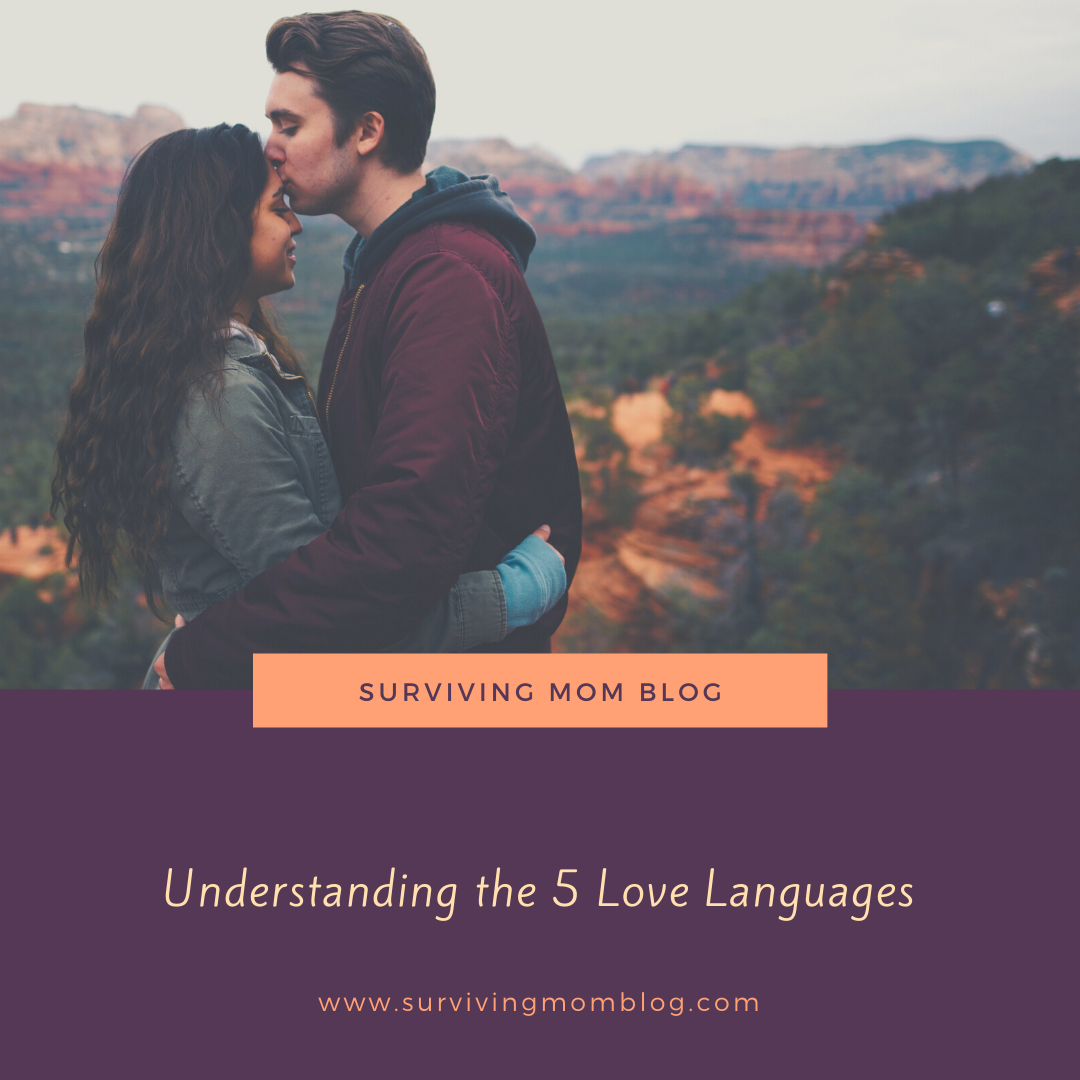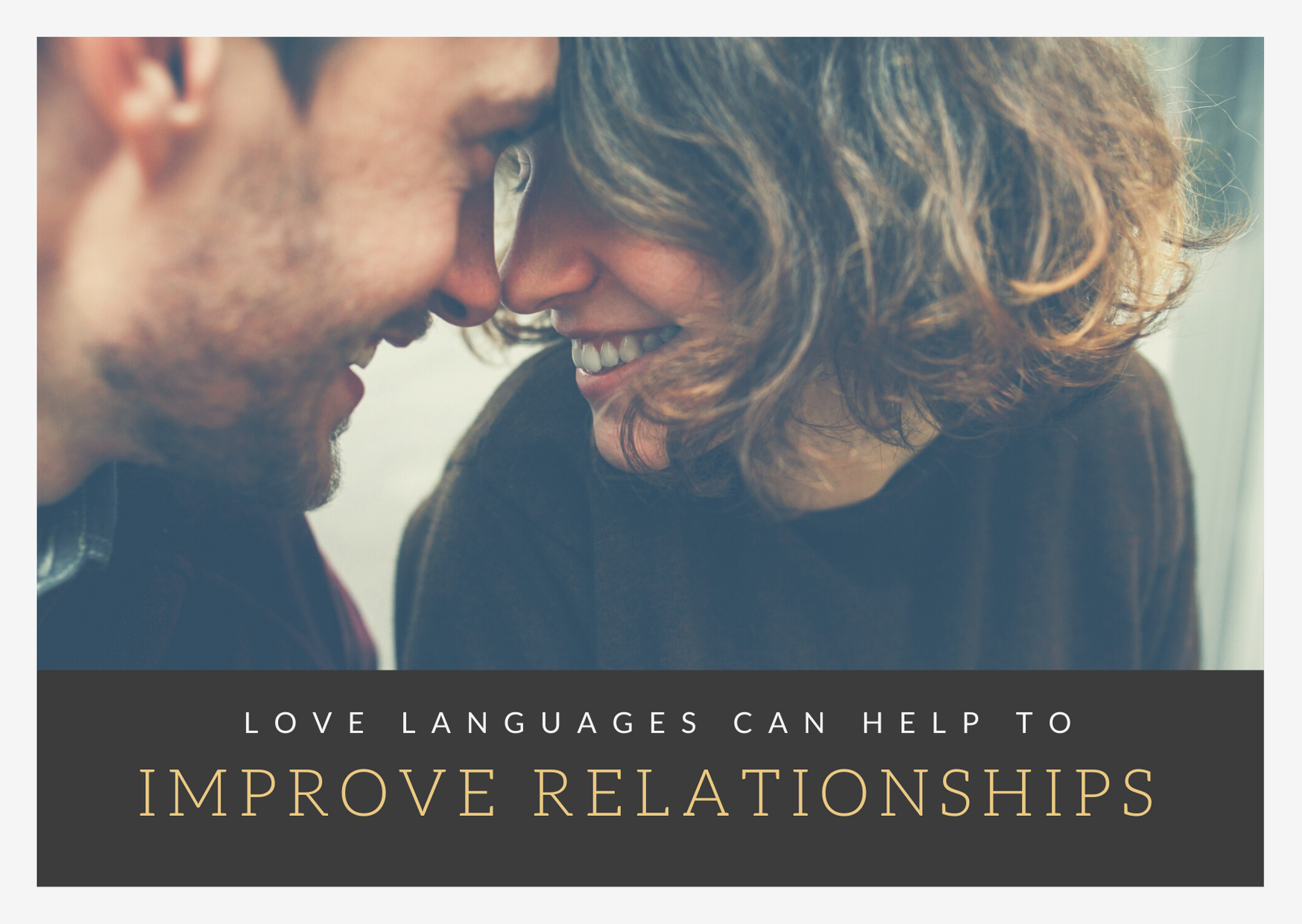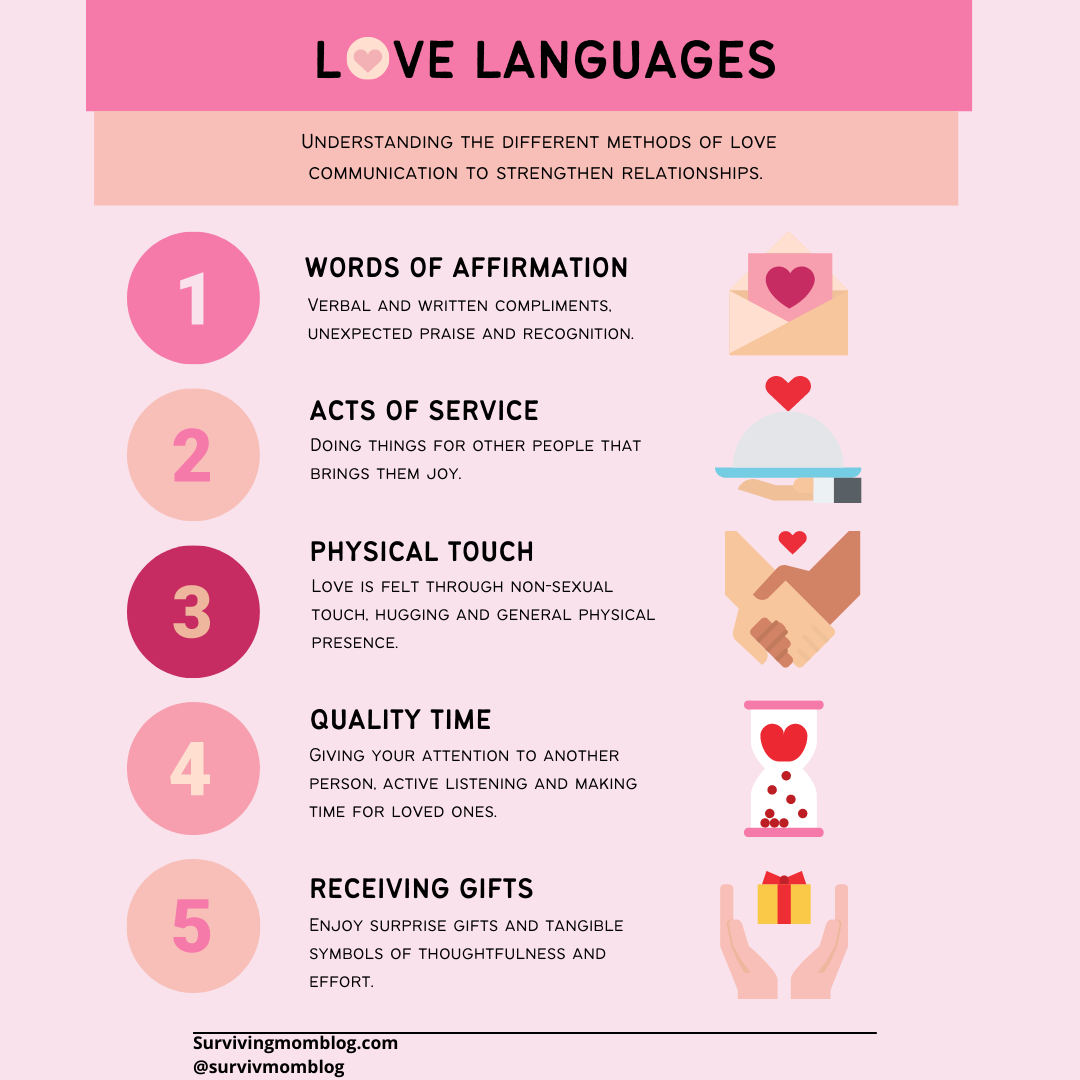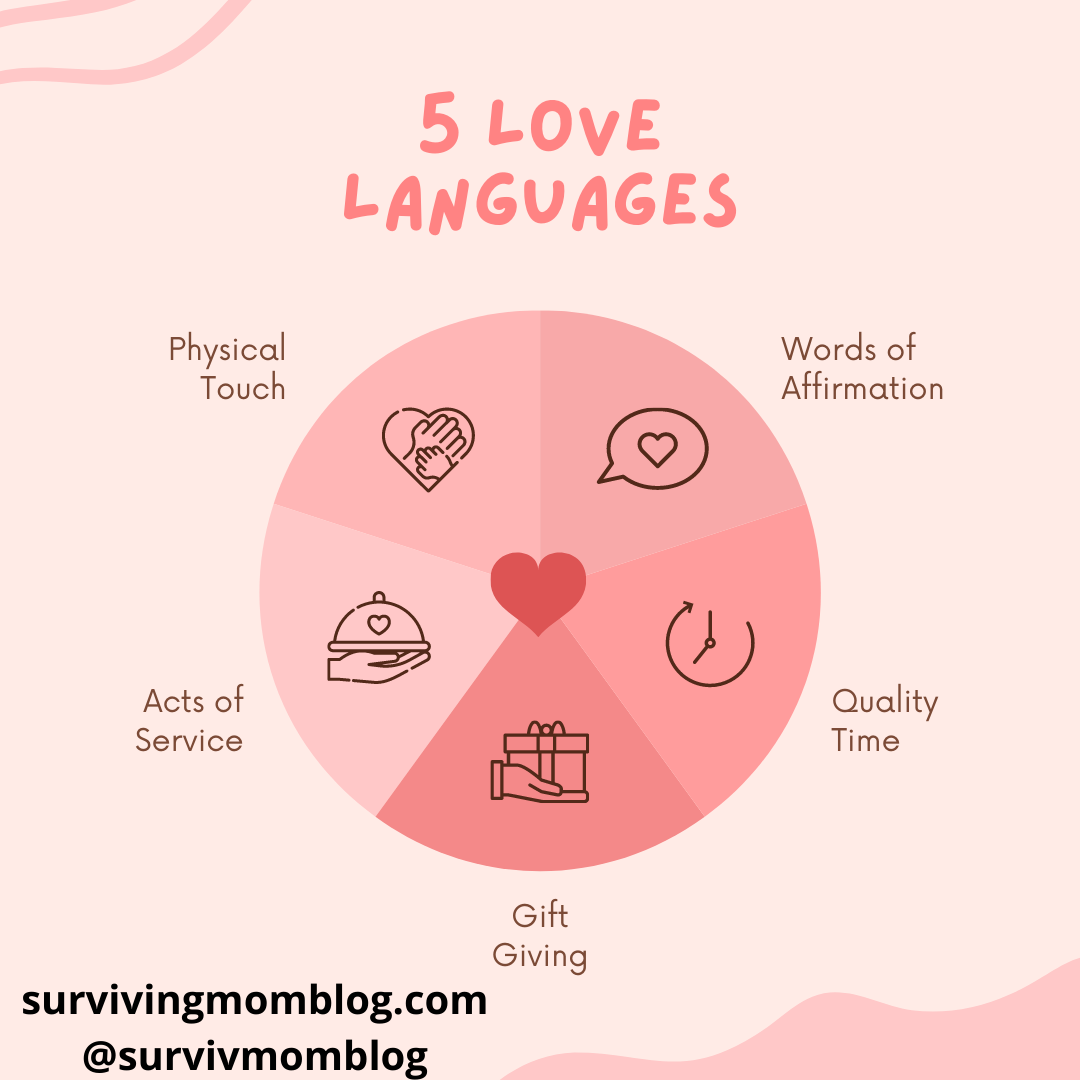
how understanding your love language can help improve your relationship

The idea of love languages was invented by a therapist named Gary Chapman. His book, The 5 love Languages- The Secret to Love That Lasts, explains that all of us have a love language. Just as a relationship won’t work if you can’t communicate because of a language barrier, how can a relationship work if each of you speak a different love language?
my husband and i were speaking different love languages in our relationship
Change came from ending our codependent behavior, but a huge part of the problem was that both of us felt like we weren’t respected or valued by our partner. There was a huge disconnect, and that was because we were speaking completely different love languages.
Children also need to have a full love tank, and it is important that we speak their love language as well. Gary Chapman and Ross Campbell wrote the book, The 5 Love Languages of Children. There is a quiz in the book to discover your child’s primary love language.
these are dr. chapman’s five love languages

words of affirmation
- You feel loved and valued when your partner tells you those words.
- You like to hear kind words and compliments from your partner to feel that your love tank is full.
- It is crucial for partners to recognize that people who need words of affirmation are extra sensitive when a partner verbalizes displeasure.
- Partners should be mindful that you should try to recognize and compliment the other’s efforts and speak encouraging words as much as possible. This keeps your partner’s love tank full.
- According to Chapman, “Verbal compliments are far greater motivators than nagging words.”
quality time
- For some people, what matters most is getting their partner’s undivided attention. They feel prioritized and valued when they are spending quality time with their loved one.
- Quality time is not watching TV together. It is time where you both put away distractions and focus on one another.
- Time together can be conversing after the kids are asleep, eating a meal together, taking a hike, doing an activity together, or playing a game together.
- Unlike words of affirmation, which focuses on what the person is saying, quality time is about what the person is hearing.
- Asking questions, showing empathy, and being genuinely interested in what the other one is saying is how you speak the love language of quality time.
receiving gifts
- “Visual symbols of love are more important to some people than others”- Gary Chapman
- These gifts do not have to be costly. It is the thought that counts. Some examples include giving a card (or making one), bringing flowers, or giving a small memento.
- Having something tangible makes the person feel loved. It can be found, made, or bought.
- Don’t wait for special occasions to give to the person whose primary love language is receiving gifts. Anything you give will be considered tokens of love.
acts of service
- If this is your primary love language, you feel actions speak louder than words.
- Having your partner do things makes you feel loved.
- The amount of time is not what matters, it involves actions that you know your partner wants you to do.
- Showing thoughtfulness through actions and doing these actions without complaining is speaking the love language of acts of service.
physical touch
- Being held, holding hands, or getting a massage are all examples of physical touch.
- Every person has different areas that are felt as pleasurable, so the preferable areas of touch will vary.
- A man might assume that physical touch is his primary love language for sexual reasons, but if he is having sex regularly and still feels unloved, then it is probably not his primary love language.
- Biological needs should not be confused for love languages.
what is your love language and the love language of your partner?


